Laura (Rashida Jones) has what looks like a perfect life: beautiful New York apartment, sweet little girls, a room of her own in which to write, a handsome and successful husband…and yet. And yet, something’s a little lacking. The early days of their marriage were of course full of passion and excitement but things have cooled off, perhaps in part due to kids, Laura’s waning self-confidence, and Dean’s (Marlon Wayans) busy work schedule and frequent travel. In fact, some recent events have Laura wondering whether Dean is perhaps seeing someone else. Luckily Laura’s got another thing going for her: a father with a sense of adventure and a propensity for romantic advice he has no real qualification to dispense.
Felix (Bill Murray) was a philanderer himself while married to Laura’s mom, so maybe he does have some valuable insight here. But he’s also just so happy to be spending time with his daughter, not to mention helping her out. They zip around the city in a cherry red convertible, playing spy, snacking on caviar, bonding and reminiscing, trying not to have too much fun over the extinction of Laura’s marriage.
Rashida Jones and Bill Murray are the father-daughter duo of our dreams, a pairing that will prove nearly impossible to beat. Jones is a natural sparkler, glowing and effervescent in everything she does, and yet she ably gives up some of her spotlight to the man playing her larger than life, playboy father. Felix is at the stage in his life where he’s indulging in his every whim, and it doesn’t exactly sound like he was ever a man who denied himself much. Murray, it seems, is getting better with age, so effortlessly charming, so completely endearing even while blemished with a hint of selfishness, tinged with a tendency toward flippancy.
Writer-director Sofia Coppola sets the stage with a gorgeous setting and a warm relationship, and then peppers On The Rocks with some profoundly entertaining navel-gazing. Felix is a fount of wisdom, not all of it equal in worth or sincerity, but every third or fourth quip, offered with Felix’s trademark insouciance, will disarm you with its bare naked authenticity. The premise seems to be about catching Dean’s infidelity red-handed, but it’s actually about an older man whose contemporaries are dying and he’s finding himself increasingly alone. After hurting her mother and leaving his family, Felix’s relationship with Laura is as much on the rocks as Dean’s is, and if he needs an excuse to spend quality time with her, he’s not afraid to use the end of her marriage to do it. Coppola’s script expertly stays away from saccharine expressions and simply allows us (and Laura) to see a love and deep affection sheepishly, self-consciously offered but genuinely felt.

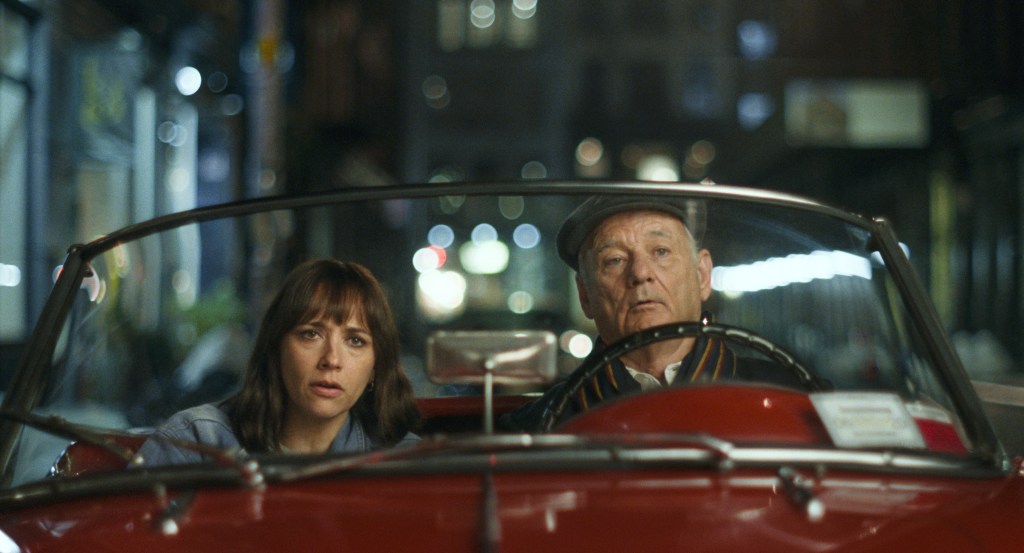
 cute little ones. And every female throws herself at the soldier in their midst, despite the fact that he’s their sworn enemy and currently AWOL. And of course Johnny boy plays each and every one of them, and they faint into his greedy clutches like they don’t have a brain between them to see through his rather obvious machinations.
cute little ones. And every female throws herself at the soldier in their midst, despite the fact that he’s their sworn enemy and currently AWOL. And of course Johnny boy plays each and every one of them, and they faint into his greedy clutches like they don’t have a brain between them to see through his rather obvious machinations.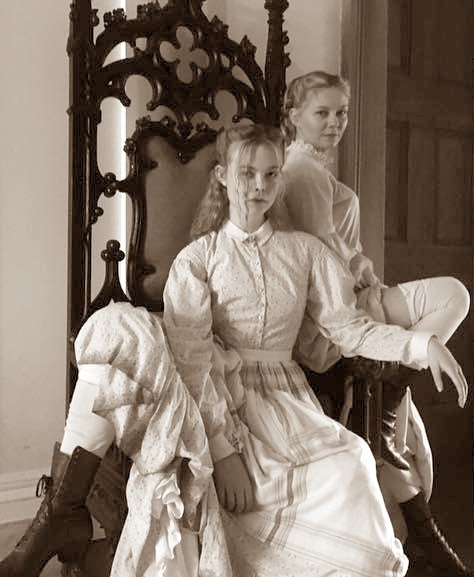
 anticipation! It’s about a woman named Kit who moves back home to live with her parents and then gets an invitation that makes things interesting. Brie Larson will star AND direct, despite the fact that she’s got an absolutely packed 2017, what with Kong: Skull Island, Free Fire, Basmati Blues, and The Glass Castle all being released, but this quirky future Captain Marvel always has time to surprise us.
anticipation! It’s about a woman named Kit who moves back home to live with her parents and then gets an invitation that makes things interesting. Brie Larson will star AND direct, despite the fact that she’s got an absolutely packed 2017, what with Kong: Skull Island, Free Fire, Basmati Blues, and The Glass Castle all being released, but this quirky future Captain Marvel always has time to surprise us.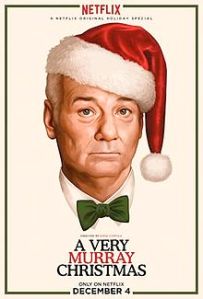

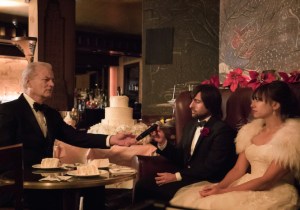



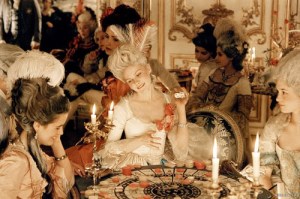


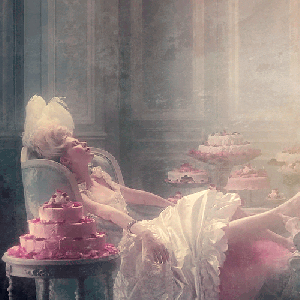
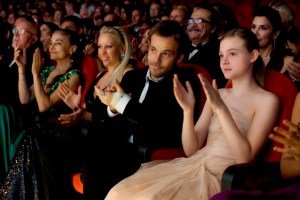 surprise, alien, paternal feelings start to surface. Not only does he care for his daughter, he wants to be better for her. It’s a bit of a wake-up call. But then she goes off to summer camp and finding himself alone again, Johnny isn’t sure who he has become, or if he can sustain any of the positive changes. But we have reason to hope.
surprise, alien, paternal feelings start to surface. Not only does he care for his daughter, he wants to be better for her. It’s a bit of a wake-up call. But then she goes off to summer camp and finding himself alone again, Johnny isn’t sure who he has become, or if he can sustain any of the positive changes. But we have reason to hope.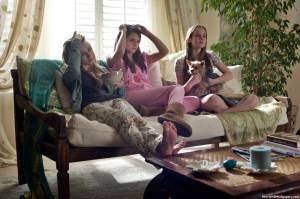 them. The more, More, MORE monster must be fed and soon our band of merry robbers are graduating to the likes of Megan Fox, Rachel Bilson, and Orlando Bloom. The gossip magazine lets them know when someone’s away, and Google offers up their address. The drugs and their hubris make them sloppy. Their egos make them indiscreet. It’s not so much that they wanted to be caught, but that they genuinely thought they were invulnerable. And for a time they were.
them. The more, More, MORE monster must be fed and soon our band of merry robbers are graduating to the likes of Megan Fox, Rachel Bilson, and Orlando Bloom. The gossip magazine lets them know when someone’s away, and Google offers up their address. The drugs and their hubris make them sloppy. Their egos make them indiscreet. It’s not so much that they wanted to be caught, but that they genuinely thought they were invulnerable. And for a time they were. American, they form a bond that mimics intimacy. In their glowy little bubble, they experience the quirks and sights of Japan; its foreign-ness feels less daunting and more adventurous when they’re together. When they’re apart, it emphasizes their aloneness. But they always revert to the comfort and familiarity of their luxurious but non-descript hotel. In he hotel, they could be anywhere. They develop such a strong sense of we vs. them that even other Americans seem wrong to them, are laughable. Of course, their friendship is a little dangerous: it won’t be good for either of their marriages.
American, they form a bond that mimics intimacy. In their glowy little bubble, they experience the quirks and sights of Japan; its foreign-ness feels less daunting and more adventurous when they’re together. When they’re apart, it emphasizes their aloneness. But they always revert to the comfort and familiarity of their luxurious but non-descript hotel. In he hotel, they could be anywhere. They develop such a strong sense of we vs. them that even other Americans seem wrong to them, are laughable. Of course, their friendship is a little dangerous: it won’t be good for either of their marriages.